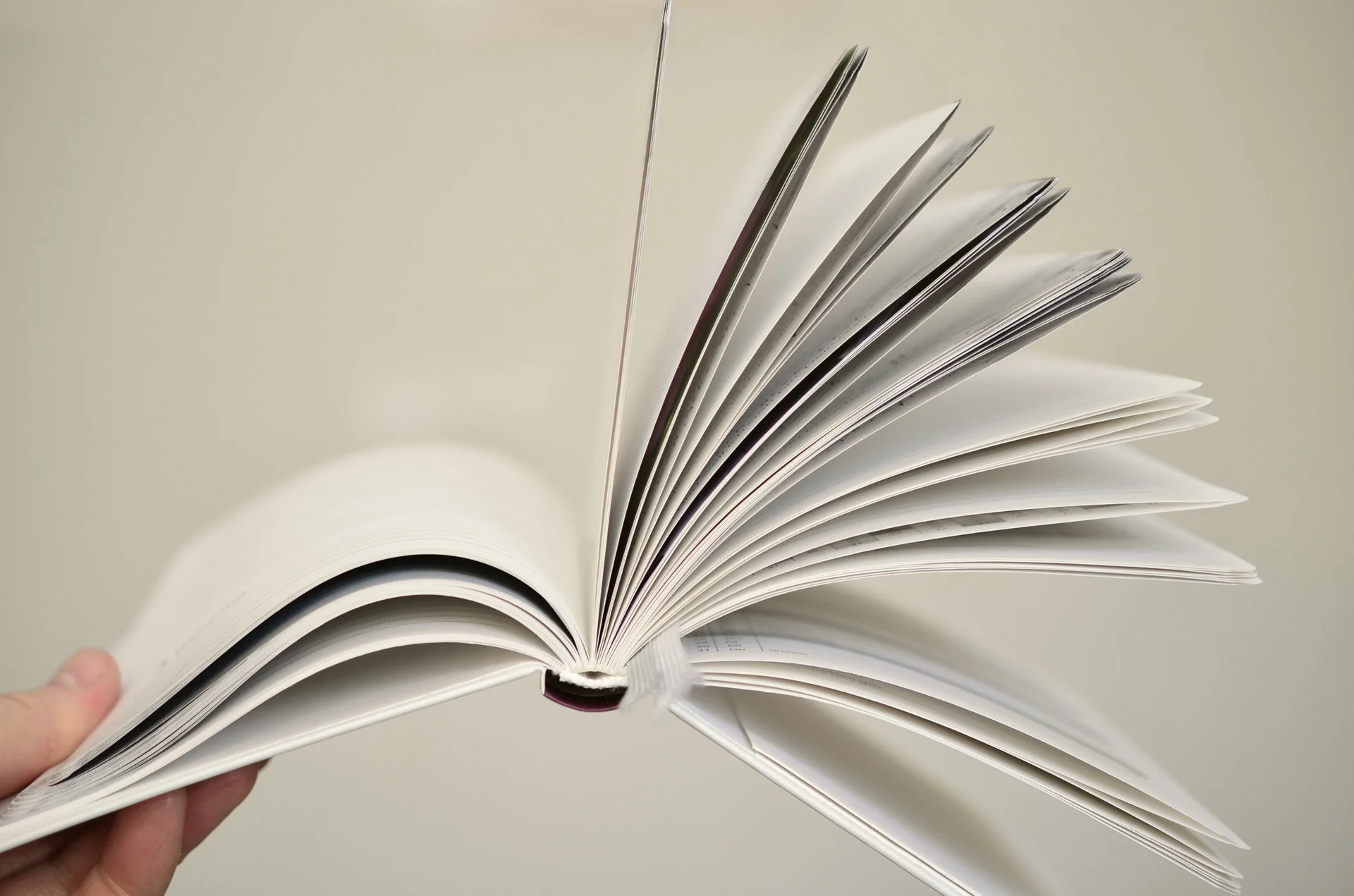The Plottepantser, or How My Writing Style's Evolving
Did I just make up “plottepantser”? Was I trying to actually spell platypus?
Yes to the first, no to the second, though I suppose a platypus is an apt animal to reference for a post like this.
What am I talking about? A pantser who is either slowly becoming a plotter, or a pantser that is applying some elements of plotting into the writing process?
Today I debut the plottepantser, a hybrid writer that spends a lot of time conducting research for their book, yet still writes the contents of the manuscript by the seat of their pants. Why did I coin this term? Let’s go deeper…
On Christmas Eve last year I released my blog article on “plotting vs pantsing” which covered the pros and cons of each type of writing style. Though this was a pretty detailed analysis, I ended the post stating that I considered myself a pantser… but with some elements of plotting as well. To be clear, I wrote my first novel as a pantser from start to finish - it’s the reason why I ended up slicing away nearly forty thousand words from my first draft over the course of several revisions. Despite this, a fair amount of planning did go into that novel… just not where the plot itself was concerned.
This brings us to one aspect of the “plotting vs pantsing” debate that I feel a lot of folks do not consider (if it is, it’s not talked about much): your story’s genre.
The kind of story that you are writing will have influence over your personal writing style. Using myself as an example, I much prefer the pantsing style of writing. I do appreciate the benefits of plotting - my CP is a plotter, sharing her detailed outlines with me along with other details related to her characters and the plot. Back when I started my first book, I did attempt some core elements of plotting such as the creation of a plot outline. In the end, I chose to stick with what felt right for me - writing the story and see where it went. However, my story’s genre was adult hard science fiction which meant one unavoidable thing: research. Lots and lots of research.
Being that I never went to school with the intention of getting a major in physics, astronomy, or mathematics, that meant I had to back up my passion for all of these subjects with a lot of extra time crunching numbers, teaching myself new concepts, and working with experts in various fields to further hone the data and concepts that I wanted to present.
On top of that, I consider myself to be quite the data organizer. I like to see things placed in a certain order, controlling whatever chaos I can to make the accomplishing of certain goals attainable. In the world of writing, this eventually meant I spent time creating character sheets for just about every person, real-world or fictitious, that would have a presence in my novel.
Despite all this, I never could get into creating a plot outline - the one piece of plotting which seems to be the definitive “requirement” for becoming a full-fledged plotter. I have my research papers neatly sorted and organized. I have my character sheets. But when it came to the actual implementation of all of those elements… I just went in the room, guns blazing, shooting from the hip!
Based on my experience with my first book, I believe I can say with confidence that the plottepantser will rear its head in your writing life if:
You write your stories as a pantser. You have a good idea on how you want it to begin and end, but all the details between those points come into existence as you write, without an inch of planning. Regardless of all other points, this is just how your creative side works.
Your story requires a fair amount of research to get certain details right - because you care about that sort of thing, which likely means your readers would, too.
You are a highly organized person in your life generally-speaking, and certain elements surrounding the creation of your book benefits from your organizational habits. Details that, technically speaking, can be independent from the plot itself.
“There is nothing to writing. All you do is sit down at a typewriter and bleed.”
Many people - friends and writers alike - asked me whether I consider myself a plotter or a pantser. Instead of coming up with a convoluted response that talks of both in the same sentence, I can now say with my head high that I am officially a plottepantser. I am the platypus of the writing world, a mish-mash of writing methods that, in the end, work pretty well together - and always makes for an interesting sight to see.
Maybe you are a plottepantser, too!
Share your thoughts below regarding the endless debate on plotting vs pantsing. Where do you stand? Are you, in reality, a plottepantser?



